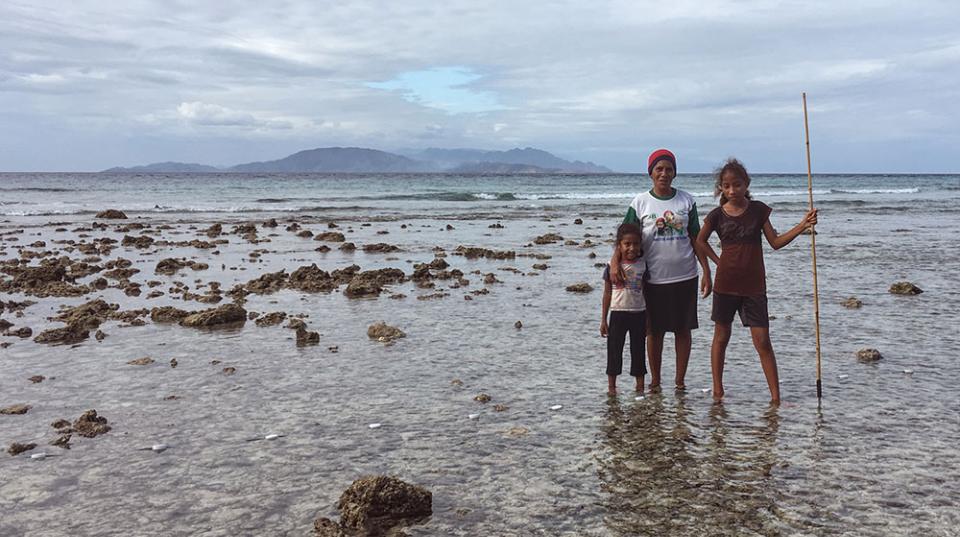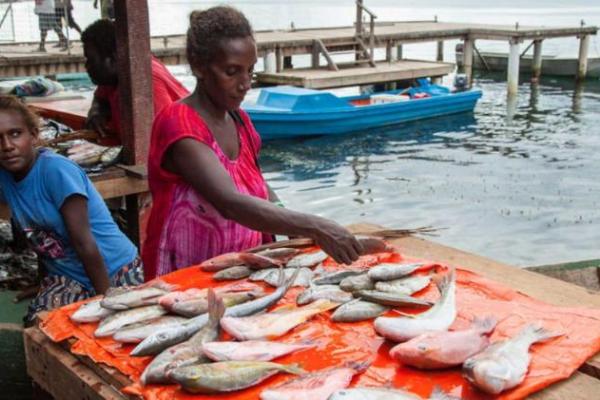Overview
This project aims to support women and men in rural Solomon Islands and Timor-Leste to develop and share innovative solutions for sustainable fish-based livelihoods and increase the capacity of national agencies to support community-based initiatives and ensure equitable rural fisheries development investments.
With only 9 growing seasons left before the world will evaluate progress towards the United Nations Sustainable Development Goals there is mounting recognition globally that fish and aquatic foods must play a central role in addressing the urgent challenges of poverty and malnutrition.
Fish and other aquatic foods are the backbone of island economies in the Indo-Pacific. Almost everyone in the Pacific eats fish regularly, but most people are not fishers. Fish is caught, distributed and then acquired by consumers through purchase, gifting or bartering. This system of producing and distributing aquatic foods connects remote sources of supply with urban areas of demand and generates indispensable value, both in the form of fish-based livelihoods for the many people involved and for food and nutrition security in island populations. During periods of hardship and disruption, such as the ongoing COVID-19 pandemic or natural disasters, fish and fish-based livelihoods play an important role in the resilience of community economies.
Regional and national development policies and strategies identify that improving the livelihoods of people who catch, process or trade fish, is a critical pathway out of poverty and towards food and nutrition security. The policy setting also recognises that maintaining the contribution of aquatic foods to food and nutrition security for growing urban populations depends on improved access to safe products from rural origins.
Project outcomes
- Co-creating new knowledge about fish-based livelihoods and identifying opportunities for community-led innovation with tools and techniques to enable to spread of successful practices.
- Increasing the capacity of community members to pursue place-based innovations that will lead to sustainable livelihood improvement.
- Supporting community members through upskilling in fish-handling to ensure fish-based products are safe for consumers and the nutritional benefits of aquatic foods is widely available.
- Supporting partner organisations and national governments to design programs that meet national development goals building on community strengths and leadership.





